Active learning strategies transform classrooms by placing students at the centre of the learning process, inviting them to think, discuss, and create rather than passively receive information. Built on constructivist principles, it builds upon learners’ prior knowledge to foster deeper understanding and engagement.
At UNIS Hanoi, we embed these approaches across our International Baccalaureate programmes to develop critical thinkers and collaborative, reflective learners ready for real-world challenges.
What is Active Learning?
Active learning promotes students’ learning involvement through thinking, discussing, or creating during lessons instead of passively receiving information. It enables learners to be accountable for knowledge construction, nurture skills’ mastery, and understand things more deeply.
Active learning shifts away from traditional instruction by engaging students in problem-solving, discussion, and collaboration, making learning more interactive and student-centered.
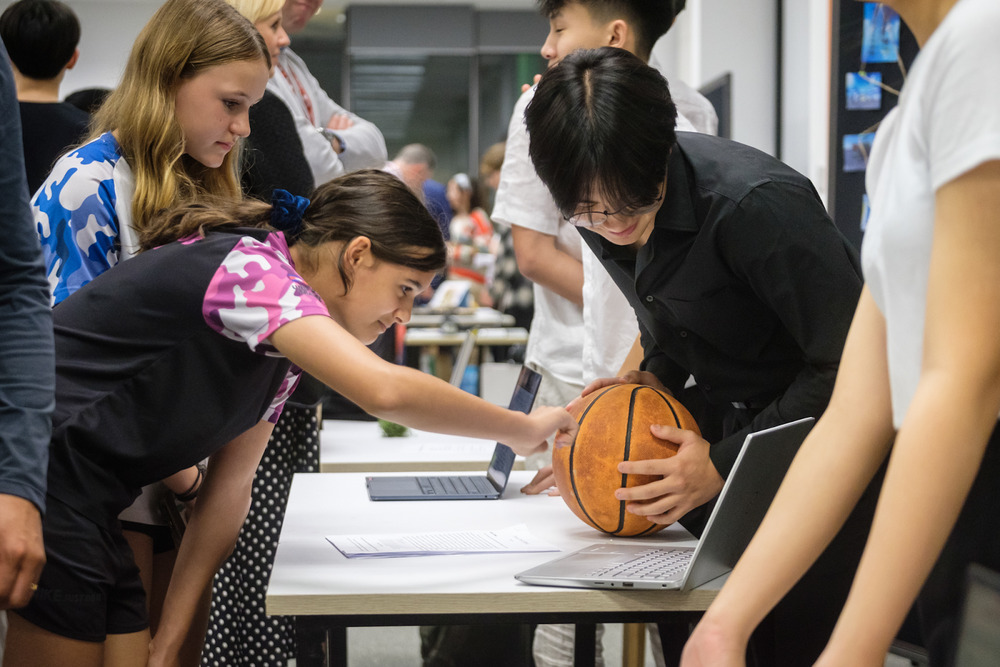
Active listening focuses on integrating new concepts with experiences, helping learners build deeper, longer-lasting understanding.
At UNIS Hanoi, we incorporate inquiry-based learning along with project-based learning. Our approach enables students to reflect and actively engage with their learning in the context of the IB curriculum.
Benefits of Active Learning Strategies
Active learning strategies offer various advantages that extend beyond immediate academic performance. Directly involving students in their learning builds essential skills for success in and beyond the classroom.
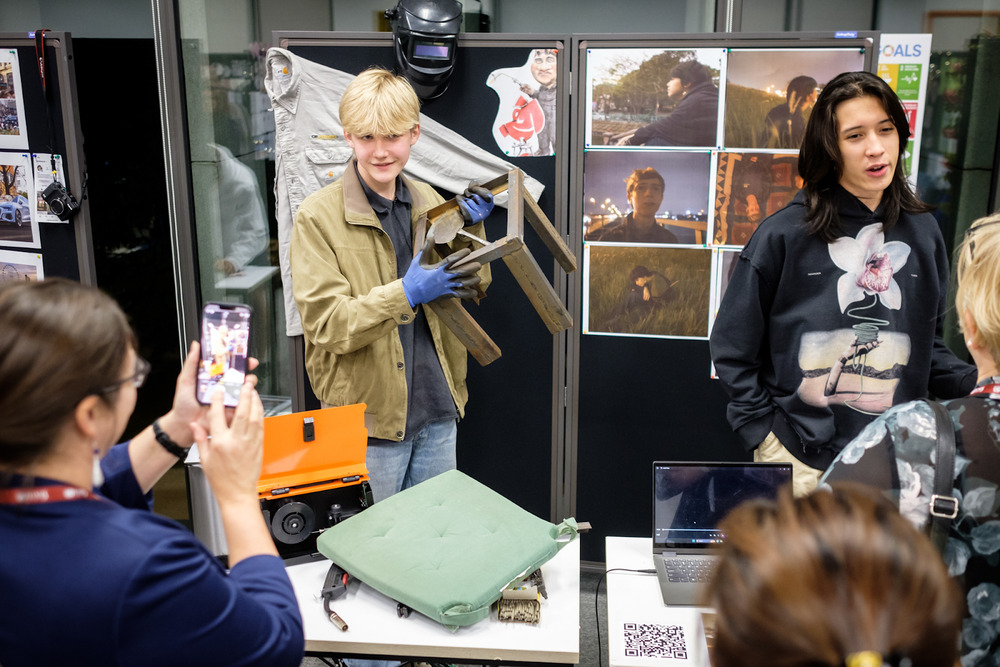
Key benefits include:
- Boosted Retention: Active learning enhances memory by prompting learners to manipulate and apply information through discussion, analysis, and creation, rather than simply receiving it. Students internalise knowledge more effectively when they are involved in its construction.
- Critical Thinking: Engaging with real-world problems and open-ended questions stimulates analytical thinking. Debates, case studies, and problem-solving challenge students to evaluate information, consider alternatives, and justify conclusions.
- Collaboration: Group-based strategies like think-pair-share and learning circles encourage communication, cooperation, and respect for diverse viewpoints, developing interpersonal competencies crucial for team-based environments.
- Engagement: Interactive lessons hold students’ attention, reducing passivity and increasing motivation. Various formats, such as visual, auditory, and kinesthetic, helps accommodate different learning styles.
- Lifelong Learning: Active learning builds students’ curiosity, inquiry, and self-direction. These skills empower students to take responsibility for their academic progress, preparing them for continual growth in an ever-changing world.
9 Active Learning Strategies to Engage Students
The following 9 strategies highlight how UNIS Hanoi promotes active learning through IB inquiry units, faculty development, and the integration of service learning.
1. Think-Pair-Share
Think-pair-share consists of three steps. First, every student reflects individually on a prompt. Then, they discuss their ideas with a partner. Finally, they present their insights to the whole class.
This scaffolded approach balances individual thinking with peer interaction, promoting confidence and deeper processing.
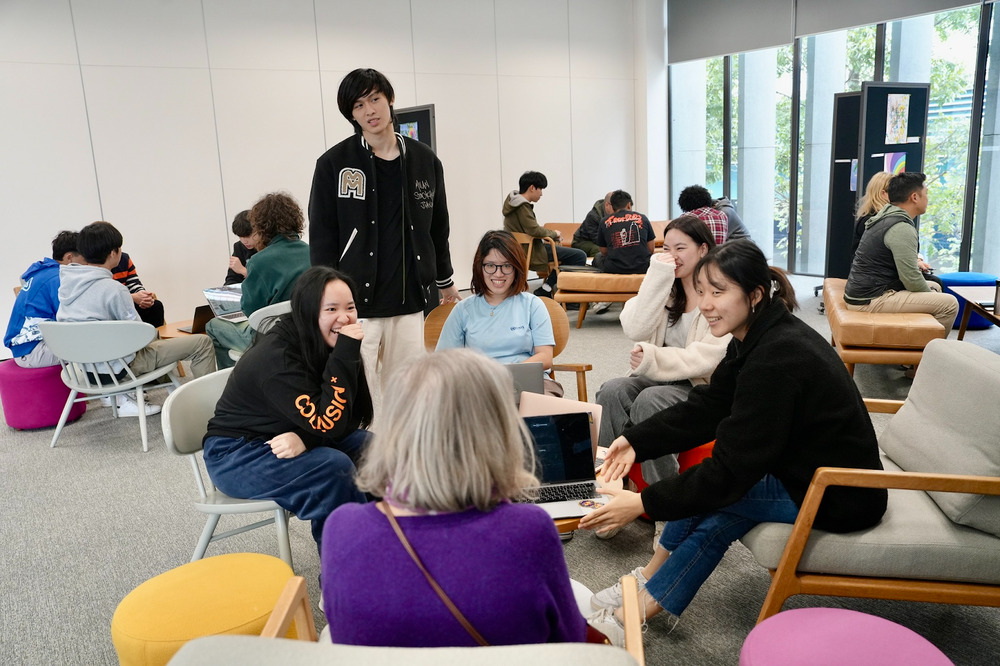
At UNIS Hanoi, our IB Programme teachers routinely employ think-pair-share within inquiry units. First, they ask a provocative question, then pair students to discuss before opening to class-wide discourse, thus supporting deeper engagement and formative assessment.
2. Case Studies
Case studies situate learners in authentic scenarios, requiring them to apply theory to practice, evaluate data, and formulate evidence-based solutions.
In the DP, Theory of Knowledge teachers present interdisciplinary cases, such as ethical dilemmas in biotechnology, prompting students to evaluate arguments, weigh consequences, and reflect on knowledge claims.
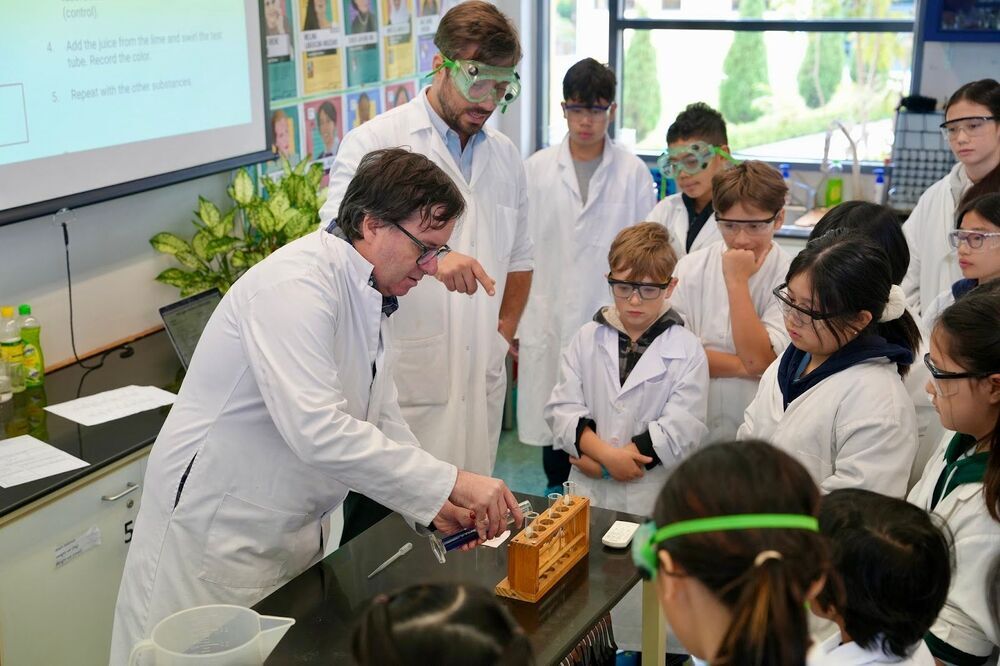
In the Diploma Programme, UNIS Hanoi applies case studies about global issues like sustainability challenges in the Theory of Knowledge and other subject-specific courses.
In this way, students can engage in interdisciplinary analysis and develop sophisticated argumentation skills.
Our collaborative assessment model encourages small groups to jointly research, debate, and co-author solutions, mirroring real‐world professional teams
3. Posters & Gallery Walk
Posters & Gallery Walk blends visual learning with peer feedback, as students produce graphics – posters, infographics, or concept maps – and display them around the room.
Classmates circulate, examining each display and annotating questions or commendations on sticky notes, fostering movement and dialogue.
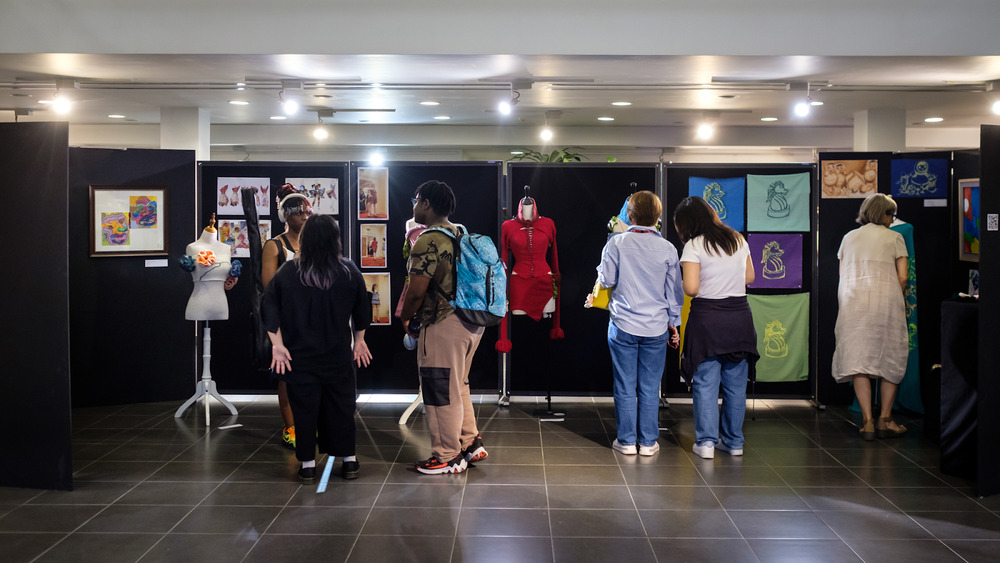
At UNIS Hanoi, service-learning classes in Middle School design action-plan posters addressing UN Sustainable Development Goals.
During gallery walks, respondents highlight strengths and pose questions, enriching students’ reflection before project implementation.
4. Problem-Based Learning
Problem-based learning (PBL) situates students at the heart of complex, real-world problems, guiding them to identify learning needs, conduct research, and collaboratively propose solutions.
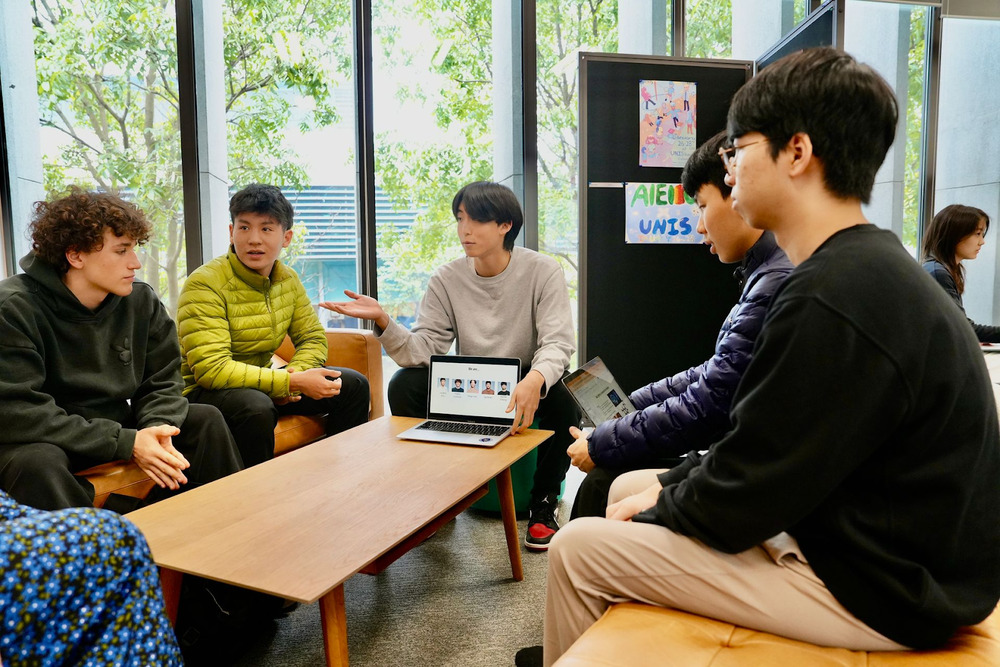
In our IB Programme, UNIS Hanoi students investigate local environmental concerns (such as water quality and plan experiments), gather data and present findings to the community, thereby blending scientific inquiry with civic engagement.
PBL at UNIS Hanoi emphasises the research cycle: question, investigate, create, reflect; developing content mastery and metacognitive skills.
5. Learning Circles and Communities
Learning circles involve small groups engaging in cyclical discussion, feedback, and reflection cycles to deepen understanding.
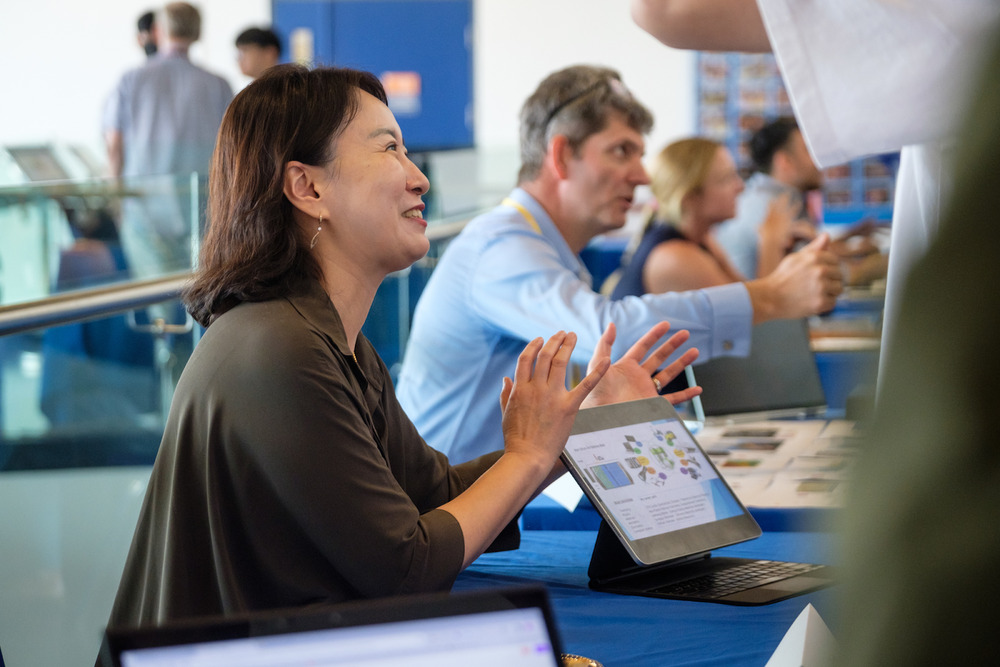
At UNIS Hanoi, our Professional Learning Communities empower faculty to co-create dynamic learning environments.
Through shared tools like gallery walks, debates, and interactive stations, teachers refine their practices using peer feedback and collective expertise.
6. Role-Play
Role-play facilitates the ability to incorporate students into differing perspectives. Children build empathy and strengthen problem-solving skills by taking on the roles of characters and stakeholders.
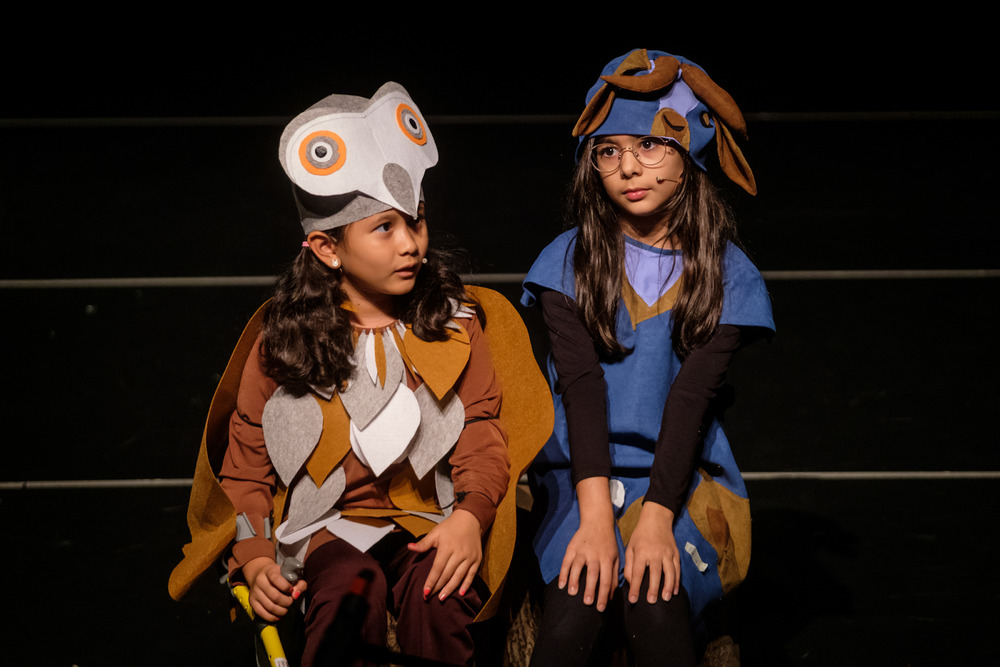
In subject classes, UNIS Hanoi students enact diplomatic negotiations, mock trials or intercultural dialogues, practising subject-specific vocabulary and negotiation techniques within authentic contexts.
This dynamic approach enhances linguistic fluency, intercultural awareness, and problem-solving skills, which are key IB Learner Profile attributes.
7. Debates and Discussions
Structured debates require learners to research positions, construct evidence-based arguments, and engage in formal rebuttals, honing critical analysis and public-speaking capabilities.
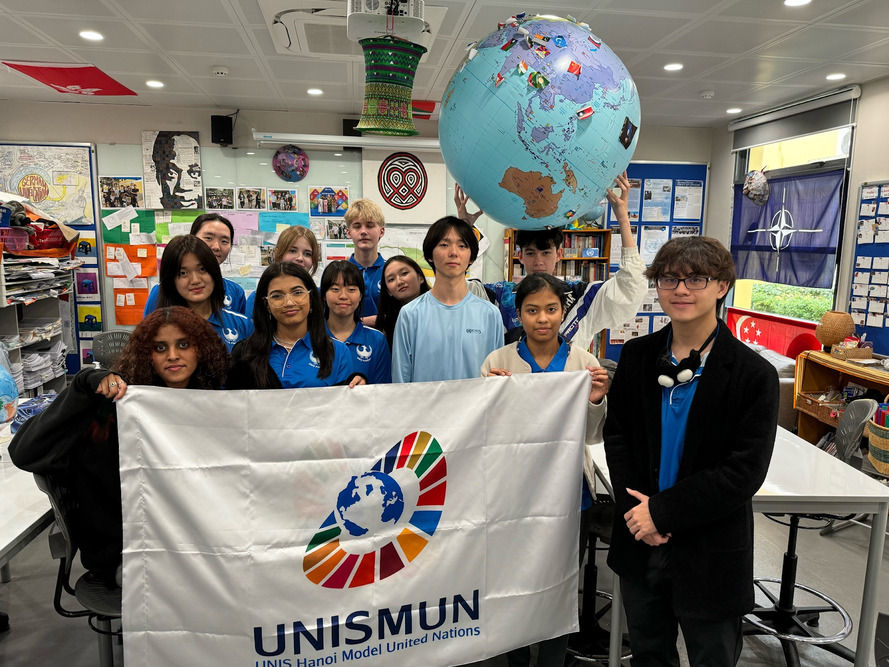
UNIS Hanoi’s MYP and DP students often participate in Model United Nations, debating global issues such as climate policy or human rights and reflecting on the real-world impact of their proposals.
8. Experiential Learning
Experiential Learning encompasses hands-on activities like laboratory experiments, simulations, and service projects, where students “learn by doing”. It enables students to link theoretical content to tangible activities and critically reflect on outcomes.
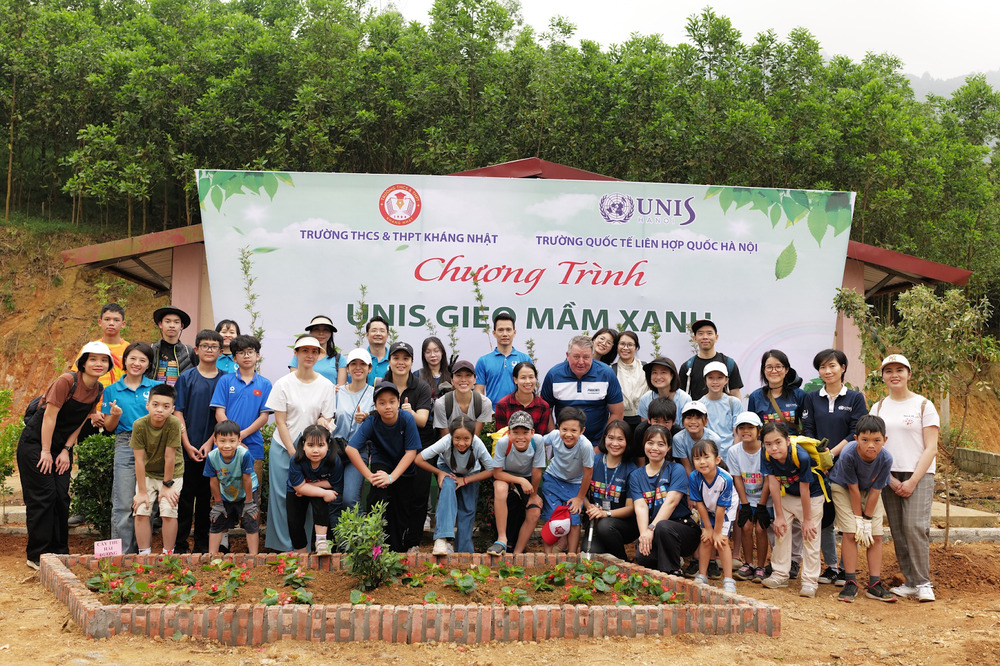
UNIS Hanoi’s Service Learning Programme partners learners with community organisations to co-design and deliver workshops, environmental clean-ups, or educational events.
After that, ongoing reflection transforms these actions into meaningful lessons in leadership and engagement.
9. Field Trips and Site Visits
Field Trips and Site Visits extend learning into authentic environments, museums, ecosystems, businesses, immersing students in real-world settings that spark curiosity and contextualise academic concepts.
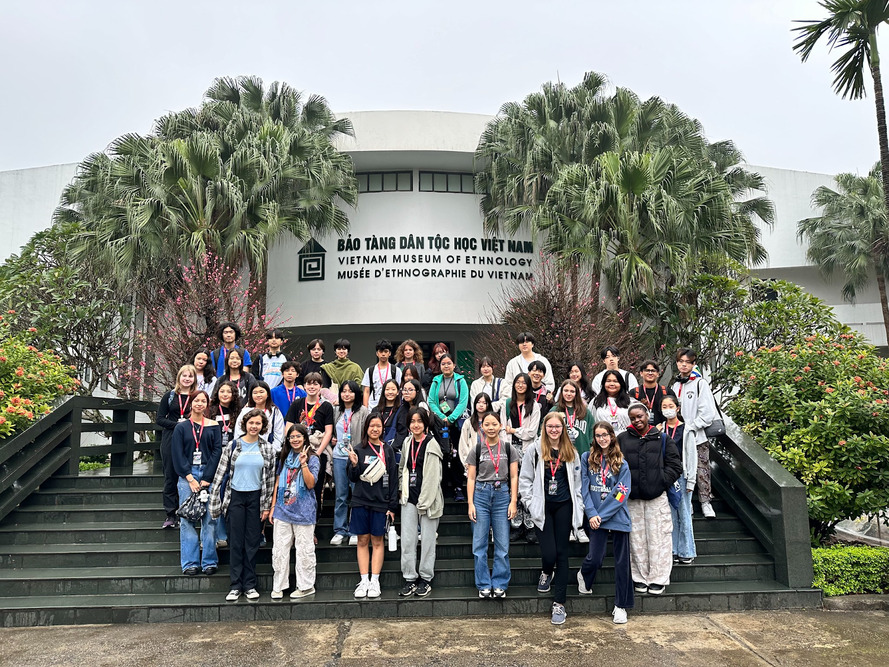
UNIS Hanoi organises grade-level expeditions, such as visits to Cuc Phuong National Park for biodiversity studies or urban service projects for local NGOs.
During these field trips, students collect primary data, consult experts, and integrate observations into IB assessment tasks. These experiences reinforce global perspectives and connect classroom learning to professional practice.
Grow Your Child in an Active Learning Environment with UNIS Hanoi
At UNIS Hanoi, we cultivate an educational culture where inquiry, collaboration, and reflection drive every lesson. Our IB curriculum integrates active learning strategies – from project-based units to immersive service learning – empowering students to become critical thinkers, effective communicators and socially responsible global citizens.
Discover how your child can thrive in this dynamic, hands-on environment. Visit our admissions page to apply and join the UNIS Hanoi community: our next chapter of engaged, lifelong learning awaits!
Author Profile
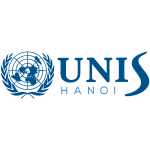
- UNIS Hanoi is ever-evolving, but one thing that remains is our passion to nurture and equip students to be agents of change for a better world.
Latest entries
 UNIS Hanoi Address1 Jan 2026Reflection Questions for Students: A Practical Guide to Deeper Learning
UNIS Hanoi Address1 Jan 2026Reflection Questions for Students: A Practical Guide to Deeper Learning Calendar, News and Publications14 Dec 2025UNIS Hanoi: Leading the Way in Multicultural Environmental Education
Calendar, News and Publications14 Dec 2025UNIS Hanoi: Leading the Way in Multicultural Environmental Education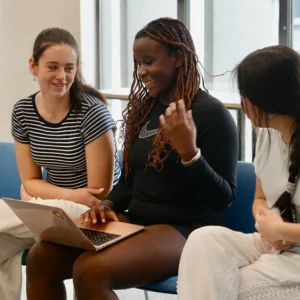 Calendar, News and Publications30 Oct 2025What is an IB School? A Complete Guide for Parents
Calendar, News and Publications30 Oct 2025What is an IB School? A Complete Guide for Parents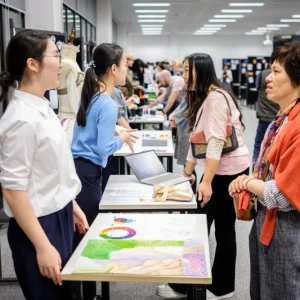 Calendar, News and Publications29 Oct 2025School Tour at UNIS Hanoi – A Comprehensive Guide for Parents
Calendar, News and Publications29 Oct 2025School Tour at UNIS Hanoi – A Comprehensive Guide for Parents
